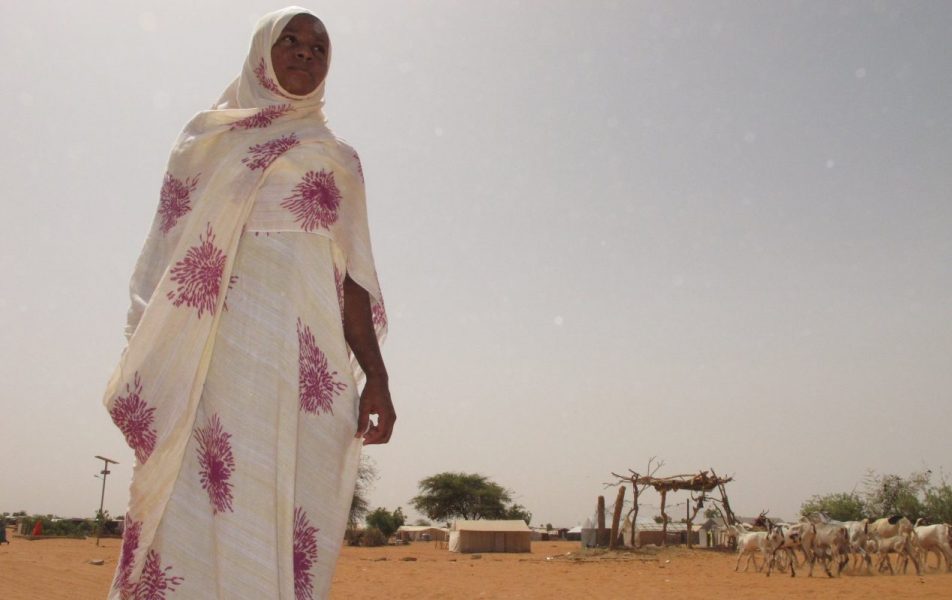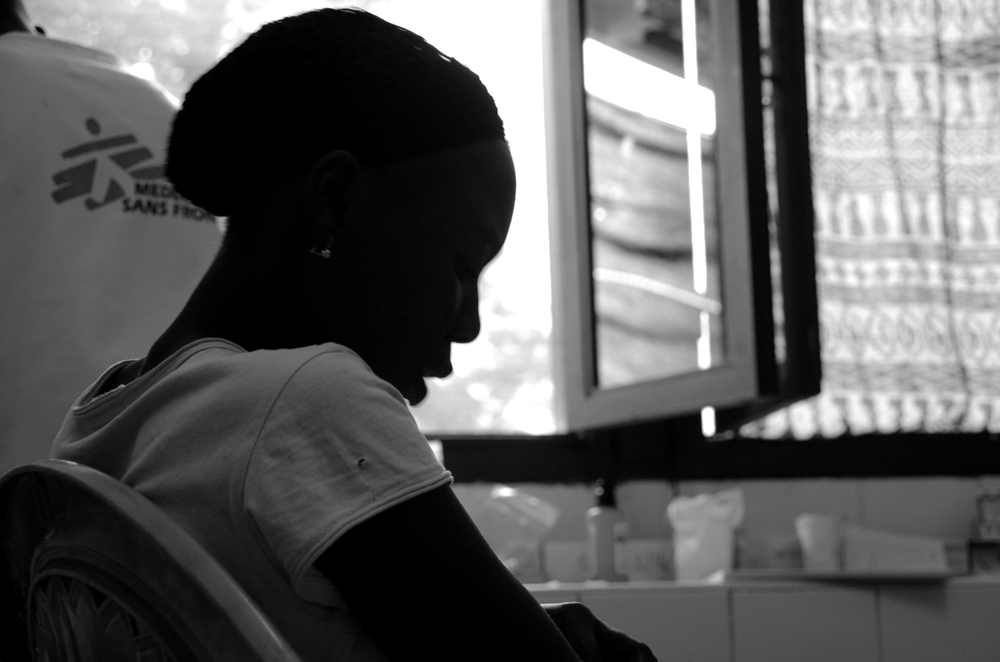On Tuesday evening, the ANC Women’s League called on the public to join the group in lobbying for the adoption of chemical castration — ‘or any form of castration’ — as a punishment for convicted rapists. This extreme measure, they suggest, may be the answer to finally addressing South Africa’s high rape rates. But in reality, it can never be the quick-fix solution they imagine.
That sentence came after a perfunctory paragraph reiterating the severity of South Africa’s rape crisis, with reference to the release of the national crime statistics by SAPS.

The statistics were released more than three weeks ago, however – raising the question of why the Women’s League is only now presenting its bold proposal on castration.
The answer to the timing riddle is likely found in the Tuesday court appearance of the “Dros rapist”, accused of raping a six-year old girl, at which Women’s League members were present.
Attempts to contact the ANC Women’s League on Tuesday evening were unsuccessful.
Chemical castration does not involve the amputation of any body parts. It relies on drugs to repress the libido. The more traditional form of castration, in which the testicles are removed from a man, is generally referred to as “surgical castration”. The Women’s League indicates that either form is acceptable to them.
In its statement, the Women’s League suggests:
“South Africa must benchmark with Russia, South Korea, Australia, Germany, United States, United Kingdom and other countries where rapists are being administered drugs that reduce their high level of libido and curtail their uncontrollable barbaric sexual desires”.
If the League had engaged in more rigorous research, however, they would have found a more complex picture than that suggested by their statement.
In the UK, for instance, the most famous victim of chemical castration was the computer scientist Alan Turing, who was forced to undergo the procedure in 1952 because it was erroneously believed that it could cure homosexuality.
Voluntary chemical castration is being trialled in the UK currently for convicted paedophiles — but prisoners have to choose to undergo the treatment, and can also decide whether they can opt for full chemical castration or less extreme behaviour-altering medication.
In Australia, convicted sex offenders in certain states must also volunteer to take libido-suppressing drugs, in exchange for a smoother route to parole.
Germany was praised in 2017 for ending surgical castration for sex offenders — which had also only been performed in cases where prisoners requested it.
It is true that in the US, at least nine states prescribe chemical castration for certain categories of sex offenders. Involuntary surgical castration, however, has been illegal since 1985 after a Supreme Court ruling that it constituted “cruel and unusual punishment”.
The ANC Women’s League says that it is “not oblivious to the fact that there will be those who will argue that castration is a retributive form of justice and is a violation of human rights”.
The statement continues: “Their views will be respected, but is our firm view that rape crimes violate the rights of the victims, disturbs society’s sense of peace, security and order, therefore the rights of perpetrators of such crimes should not supersede the rights of the victims”.
Yet arguments against the castration of sex offenders do not solely rest on appeals to human rights.
One of the biggest controversies around the practice is that there is conflicting evidence as to whether it does what it is supposed to: reduce sex crimes.
For a start, there is no consensus among experts about whether sexual pathology can be cured by surgery or by altering hormones. Some studies have found that recidivism rates among castrated sex offenders are low, but there have been cases of castrated offenders being released and going on to re-offend.
In countries where castration is offered to prisoners, it is often in exchange for reduced sentences. The ANC Women’s League does not state whether this is something it would support; indeed, it gives no detail as to how it foresees this playing out in practice.
But while the idea of castrating rapists might well win popular support in South Africa, the notion that they would be back on the streets quicker as a result would probably be far less popular.
Many commentators have also pointed out that “treating” rapists with chemicals also invites the danger of viewing rape as a medical condition. If rape is a sickness and castration the cure, it partially absolves rapists of taking responsibility for their actions.
Because the Women’s League does not mention any evidence around recidivism, however, one has to assume that it views the procedure not primarily as a cure for rapists, but as a fitting punishment for them.
The League also does not state that it would like the procedure restricted to convicted paedophiles, as is the case in the majority of countries where it is used. Instead, it seems to advocate its use on all convicted rapists.
While there will be a kind of biblical appeal for many in the castration of all rapists, it is not a form of retribution that currently has any echo in South Africa’s justice system.
There appears to be little to no reputable research on whether the potential of castration has served as a definite deterrent to the execution of sex crimes elsewhere in the world. In a country like South Africa, where a minority of rapes actually end in a conviction, it is questionable whether it would be effective in this regard either.
The idea that injecting or snipping rapists can end rape suggests that the problem can be solved by means of harsh punishment. Yet by definition, the punishment only applies to rapists who are caught and convicted — and does nothing to address the underlying social conditions which can give rise to a culture of impunity around rape.
If the ANC Women’s League is serious about taking firm action on rape, it could start by putting pressure on government to continue to roll out specialised sexual offences courts rather than making half-baked populist calls for castration.
And while the League’s particular horror at the ongoing Dros rape case is justified, one has to ask: where was its call for mandatory castration of rapists when Jacob Zuma stood accused in the dock?

